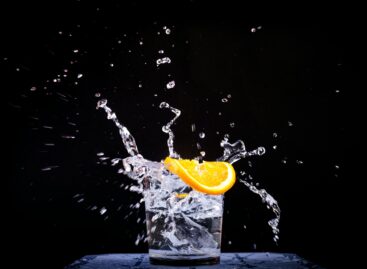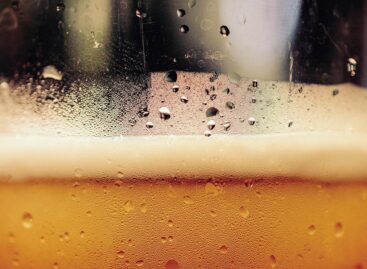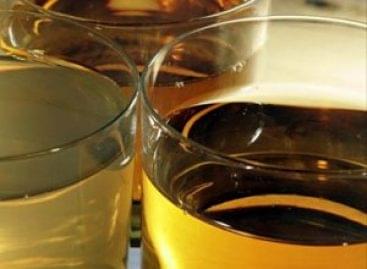Changes in the excise regulations of alcohol products
As of 1 January 2015 the excise duty on alcohol products is a standard HUF 333,385 as calculated for the tax base. The basis of the tax remains to be the quantity of the product measured at 20 °C and defined by the hectolitre with 100-percent ABV ethyl alcohol content. From this year a new product category is subject to excise duty: spritzer. Spritzer is made from grape wine by adding unflavoured carbonated water and its alcohol content must be below 8.5 percent ABV, with the proportion of grape wine above 50 percent – the rate of duty payable on these products is 0 forint per hectolitre. Parliament finally reduced the excise guarantee required from alcohol product, beer, wine and sparkling wine wholesalers by 10 percent from HUF 22 million to 20 million. The government’s original plan was to increase the excise guarantee from HUF 22 million to 150 million, but they later changed their mind saying that small wholesaler firms would be unable to pay it and that the step wouldn’t contribute to whitening the economy. From 1 January the public health product tax (NETA) is imposed on alcohol products as well. Since NETA’s introduction in 2011 the budget raked in HUF 61 billion. This year the government expects HUF 25 billion from NETA. Home distillers don’t have to pay excise duty, but from now on only the fruit’s grower is allowed to distil it and instead of the former 200 litres of pure alcohol a year limit only 50 litres can be distilled. Krisztina Hegedűs, brand manager of DunaPro told us that the introduction of NETA for alcohol products means they are forced to increase prices. The brand manager is rather afraid of a drop in sales because of this. According to the federation of Hungarian Food Industries (ÉFOSZ), each tax that doesn’t exist in neighbouring countries is detrimental to the competitiveness of Hungarian firms. Increasing these taxes or introducing new ones is likely to result in Hungary’s food industry suffering the same fate as our light industry.
Related news
NKFH: 362 million forint fine imposed for serving alcoholic beverages to young people
🎧 Hallgasd a cikket: Lejátszás Szünet Folytatás Leállítás Nyelv: Auto…
Read more >Related news
Lidl guarantees fairer prices for cocoa farmers
🎧 Hallgasd a cikket: Lejátszás Szünet Folytatás Leállítás Nyelv: Auto…
Read more >(HU) METRO Gasztro Fesztivál a SIRHA Budapesten – Élmény, inspiráció és valódi megoldások a HoReCa-szakmának
🎧 Hallgasd a cikket: Lejátszás Szünet Folytatás Leállítás Nyelv: Auto…
Read more >








